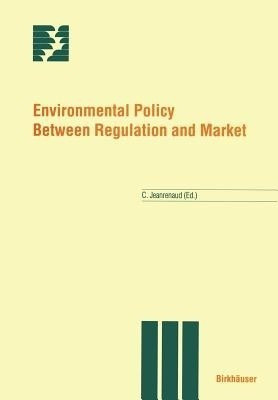Environmental Policy Between Regulation and Market(English, Paperback, unknown)
Quick Overview
Product Price Comparison
Environmental policies have traditionally relied on direct controls and on government investment to protect natural resources. Today, the drawbacks and impediments to this approach are evident: heavy burdens borne by companies and the community, complex regulations, a danger of legislative inflation, difficulties in meeting the goals set, to name a few. In response, the environmental authorities in many countries have begun to reassess the efficacy of their programs, with the result that market incentives and voluntary agreements with companies or branches of industry have been added to the arsenal of traditional environmental protection measures. There are great expectations for new economic instruments, which offer the twofold advantage of giving companies more freedom in the choice of means, and of increasing the chances for meeting goals in a more cost-effective way. The authors of this book analyse these instruments - green taxes, tradeable permits, covenants, joint implementation, internationally tradeable quotas - from the point of view of costeffectiveness, their ability to achieve environmental goals, and public and corporate acceptability. They endeavour to determine on the basis of experience to date, whether these instruments are living up to the hopes placed in them.


